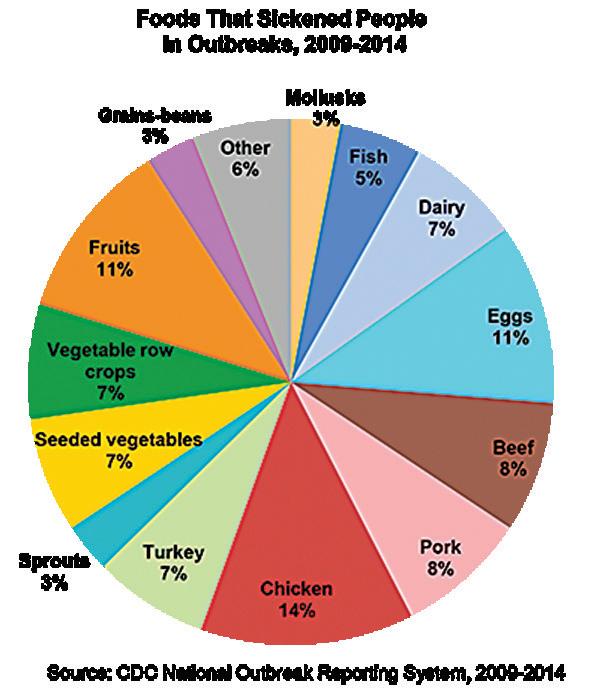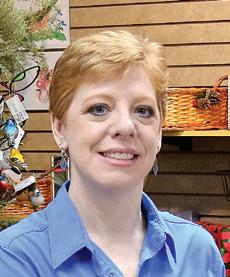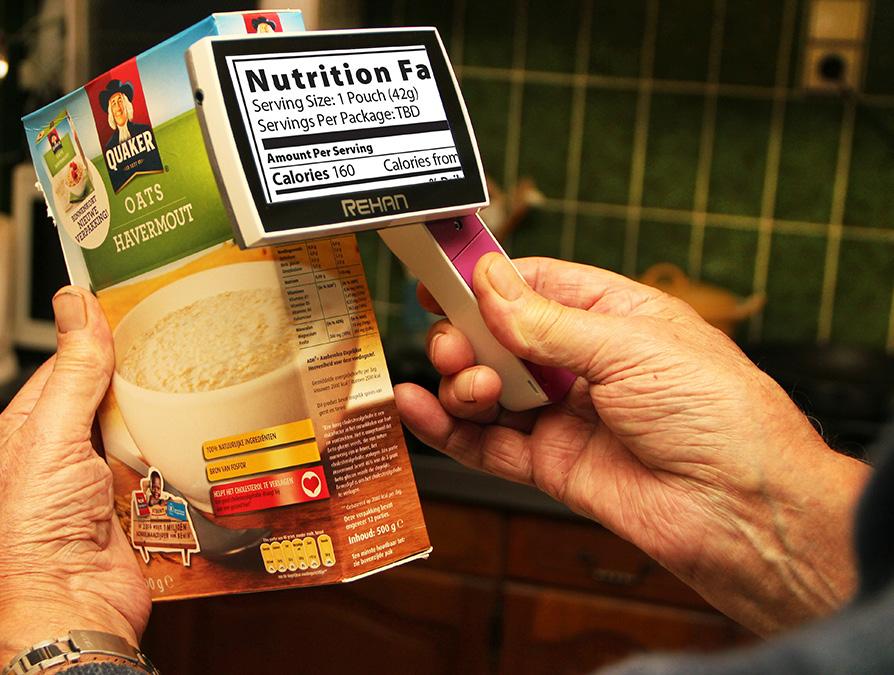
1 minute read
Food safety begins in the home garden


The weather is gorgeous, the flowers are in bloom and almost everyone is thinking about their vegetable garden. With such excitement surrounding delicious in-season produce, it’s important to remember that any food can make us sick, including organic and backyard produce. According to the Center for Disease Control and Prevention, one in six Americans get a foodborne illness from contaminated food every year. We may be quick to think that these illnesses are just from meat and dairy products, but over 25 percent of all foodborne illnesses are from fruits, nuts, leafy greens and vine produce, such as tomatoes and squash.
Here are four tips to make sure your food stays safe from the garden to your table:
• Be sure your soil and water is safe.
Testing your soil and water at your local UGA Extension office will ensure that it is safe for growing edible crops. If you use water from an approved public water system, then you can trust that it is already safe to use. If you use well or pond water for irrigation, make sure to test your water for harmful microorganisms at least once a year.

• Keep animals out of the garden.
Gardens should be thought of as an outdoor kitchen, and both pets and wildlife can be a source of microorganisms and parasites. Fencing animals out or using a natural repellent works best.

• Wash your hands.
Norovirus is the leading cause of foodborne illnesses in the U.S. The number one way to prevent the spread of norovirus is to wash your hands with soap and warm water. Important note: hand sanitizer does not kill norovirus!

• Use sanitized tools and baskets.


Garden tools and harvesting bins should be regularly washed and sanitized. Stay away from straw baskets, nylon fabric containers and used plastic bags. Sanitized tools and containers should be stored in a locked shed before and after use to keep them safe from critters and pests in the garden.
This gardening season, let’s commit to keeping ourselves and loved ones healthy by staying food-safe in our gardens!










